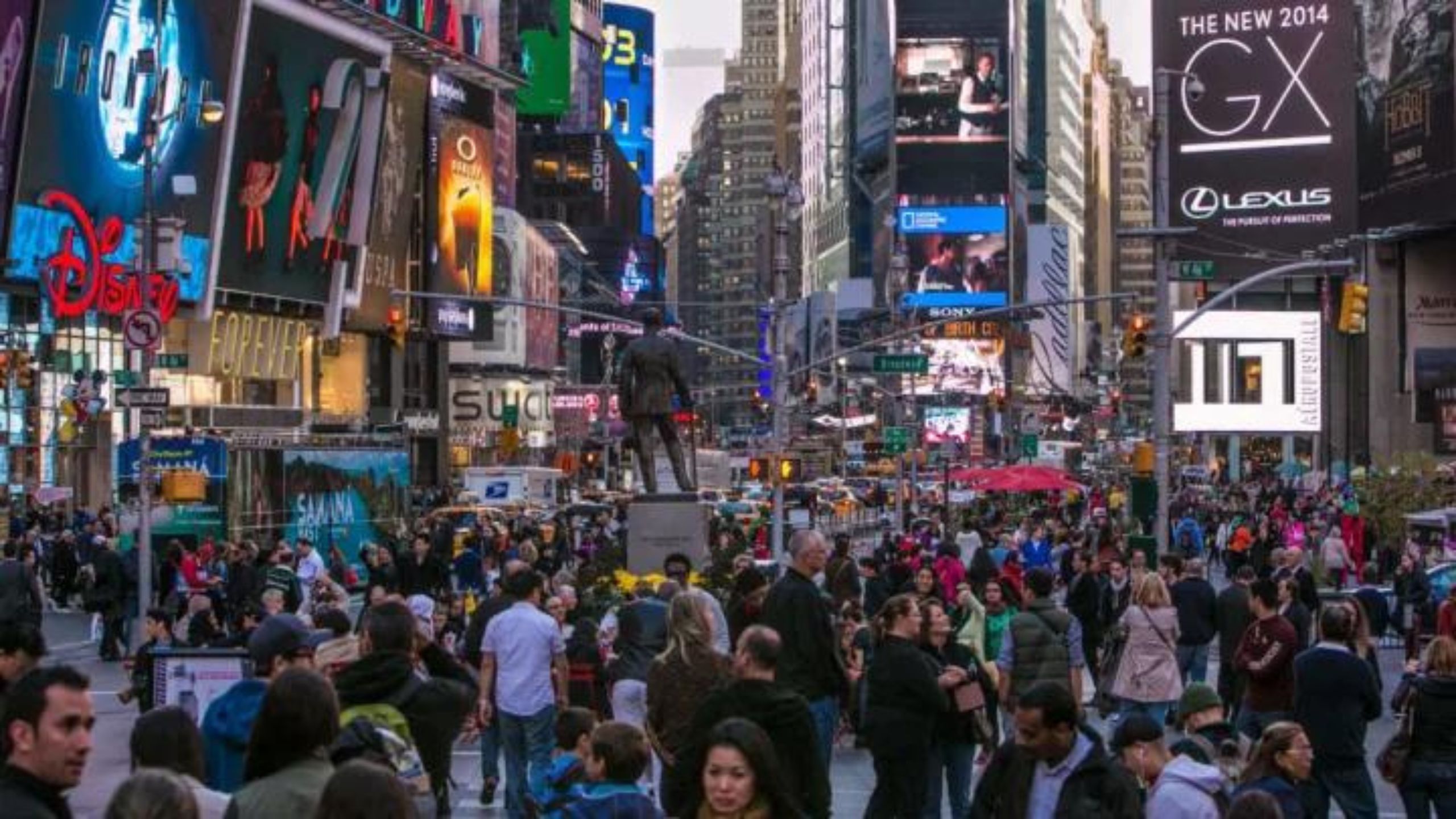With the US experiencing labour shortages in various industries, many cities, from New York to Denver, have been striving to draw migrants to fill critical job gaps. Extremely low unemployment rates in the US have increasingly pushed workers towards higher education and white-collar jobs, a trend that has left many of its industries—especially food service and hospitality—severely horthanded. This has created a trend wherein businesses are increasingly turning to asylum seekers and migrants with federal work permits to meet their staffing needs.
Denver's Plan to Help Migrants and Local Businesses
Denver, like most US cities, is hit hard by an acute shortage of manual labourers, particularly those in the hospitality industry. Mark Berzins, owner of 17 bars and restaurants in Denver, said that staffing kitchens has been a huge challenge. He says the majority of residents in Denver have college degrees, and none of them want to work in the kitchens, cooking and washing dishes. So he’s begun to fill those jobs with asylum seekers from South and Central America using a city-run program. So far, he has employed about a dozen people who have been granted working permits and who speak Spanish there to alleviate his chronic understaffing in kitchens.
It is a national trend, but Denver’s program is really trying to help asylum seekers improve their English and computer skills on their way to getting federal work authorization. But the city stipulates that at least one household receiving city services must attend. “It not only benefits businesses like Berzins’ but also saves the city money by transitioning migrants from public assistance to self-sufficiency.”
System to Combat Worker Shortages in North Dakota
As a result of the second-lowest unemployment rate in the country, state officials have created an Office of Legal Immigration in North Dakota. It is actually a new department dedicated to fighting widespread worker shortages, putting businesses in contact with migrants who have work authorization. Although North Dakota has a small foreign-born workforce, it has experienced huge growth in its immigrant population, particularly in health care jobs, which has proved important in offsetting labour shortages from an ageing population.
The Office of Legal Immigration is just getting off the ground, but eventually the department will help businesses untangle the bureaucratic knot that comes with hiring migrants and help newcomers adjust to life in North Dakota, including the harsh winters. State Senator Tim Mathern, who sponsored the legislation to create the department, puts it this way: the state needs these workers just as much as they need jobs.
Political Tensions and Economic Realities
It is this wave of migrants and legions of efforts to integrate them into the workforce that have become highly controversial. In politically conservative states like North Dakota, the welcome for asylum seekers came with tension, notably the claim that they might replace native-born workers. However, studies—including a paper from the National Bureau of Economic Research—indicate that immigration has had at best a marginally positive effect on the wages of native-born workers over the period 2019 to 2022. Moreover, US immigration is biassed towards the admittance of highly skilled workers; this generally leaves room in the labour market for lower-skilled jobs that are better filled by migrants.
Cities like New York have also had a huge influx of migrants; tens of thousands of jobs could be filled with asylum seekers who have work permits, the State Department of Labour has estimated. On Staten Island, an organisation is working to help migrants get proper certifications and trainings required for entry into official employment, which draws them out of the underground economy into stable work.
Conclusion
As labour shortages continue to afflict US cities, integration of migrants into the workforce is becoming more plausible. Cities like Denver and states like North Dakota open up businesses’ most vital job vacancies and provide a chance at a new life for many of the migrants moving into the US. While political tensions still exist, the economic benefits are obvious, offering a way forward for both migrants and local economies.





